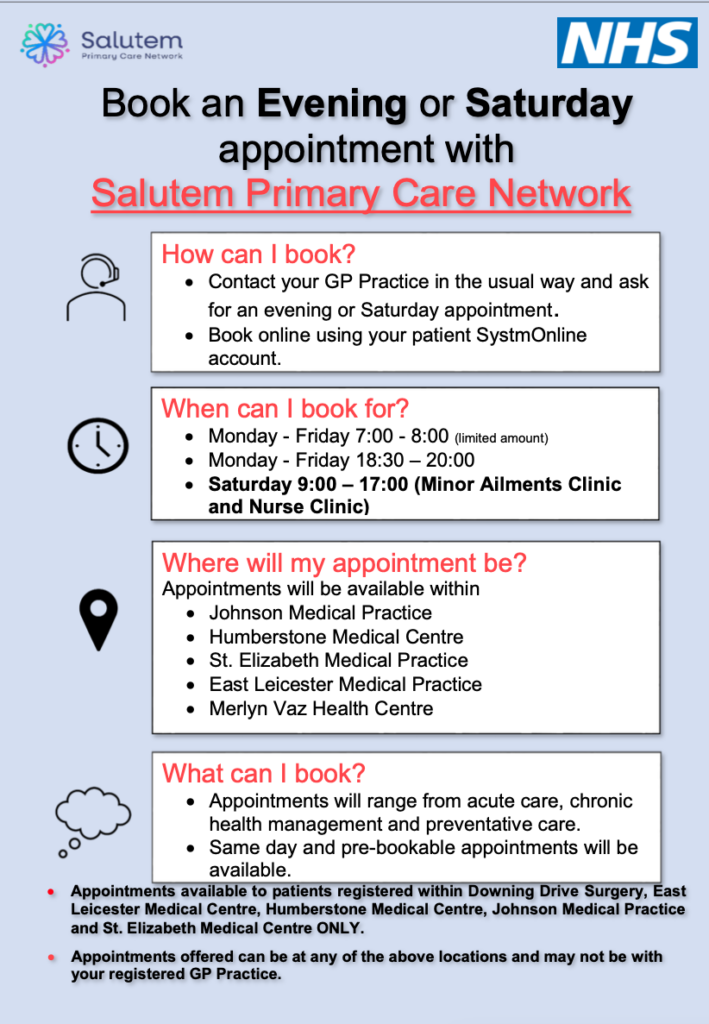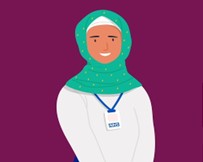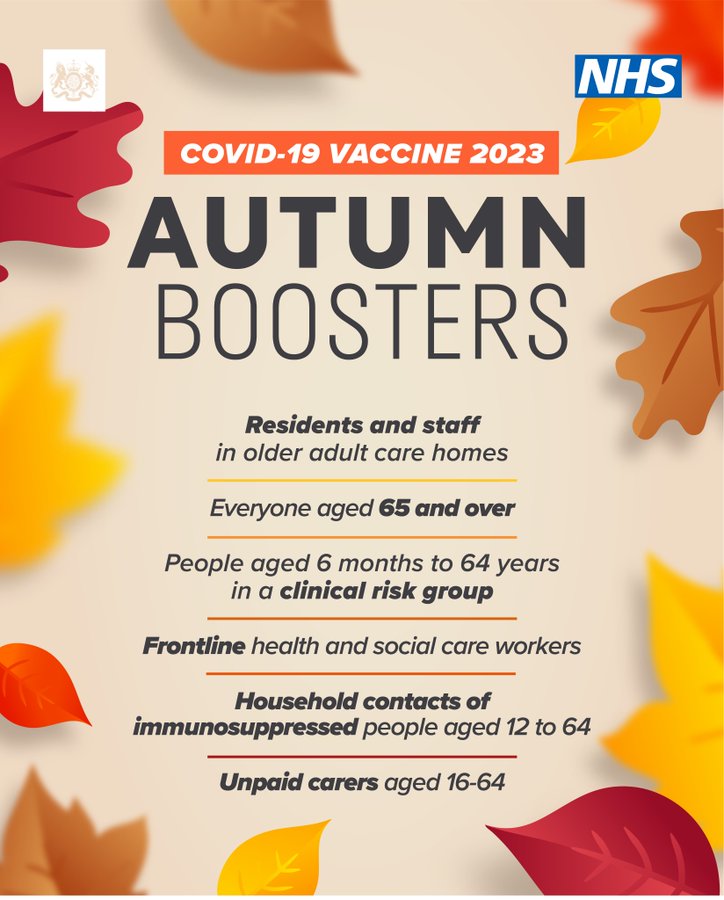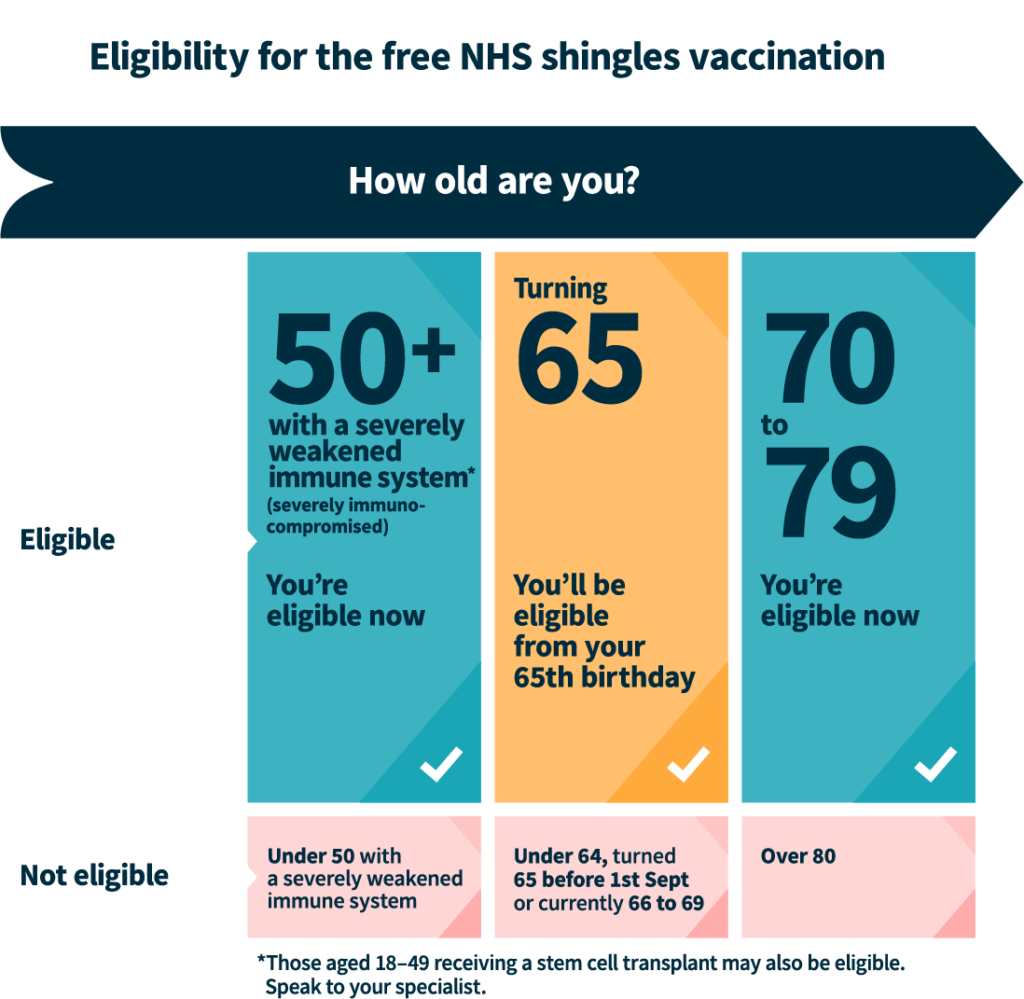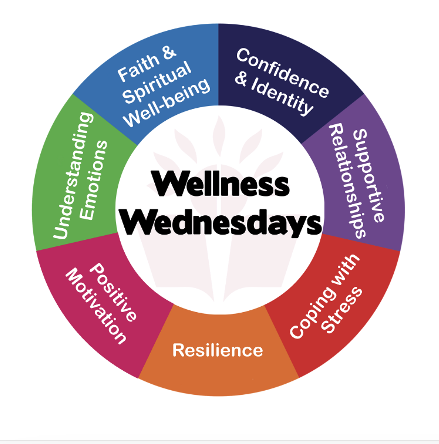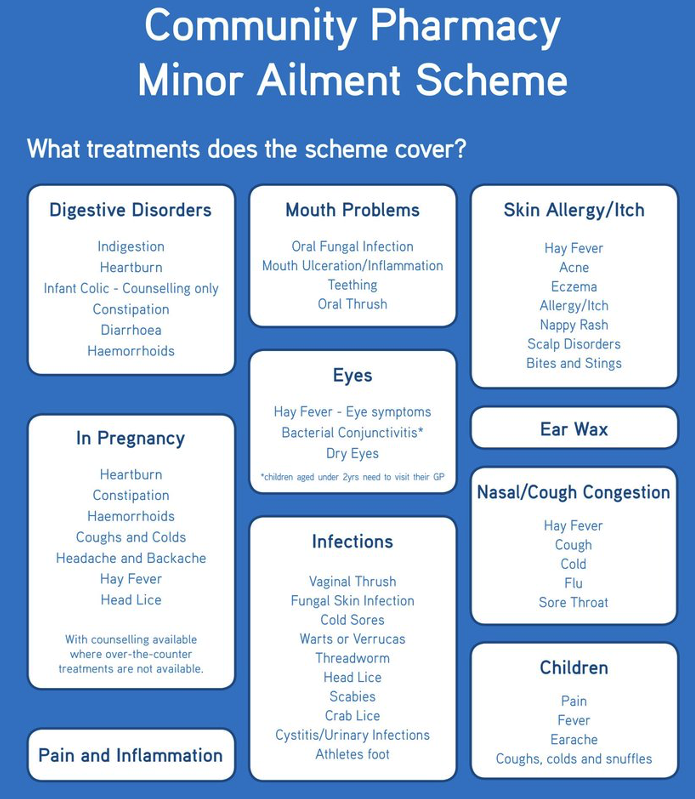What is Enhanced Access?
From October 2022, your GP practice has been offering improved access to appointments and other general practice services.
This ‘Enhanced Access’ means:
- GP services will be providing appointments until 8pm on weekdays, and from 9am-5pm on Saturdays as a minimum.
- Appointments will be available to book in advance and available for same day. Appointments can be cancelled by patients online.
- A mix of services will be available within these additional hours with access to the range of health professionals working in the primary care team.
- There will be different appointments available depending on our clinics, which will be offered as either telephone appointments or as face to face.
- You may not be seen by a healthcare professional from your registered GP surgery, as the appointment may be held in other GP practices nearby, in the local area.
- Healthcare professionals outside of your GP practice will have access to your medical record, so your full medical history will be known to them and updated accordingly.
- The exact mix of what is provided through this enhanced offer will be determined based on local health needs, current usage of out of hours services and the views of patients.
What does this mean for me?
Providing these additional appointments has meant that patients are provided with greater flexibility and access to routine and same-day GP appointments.
Salutem PCN Enhanced Access appointments:
What is a Social Prescriber?
Name: Ravia
Social Prescriber
Social prescribing is a service connecting patients to activities, groups, and support in the local community to meet the practical, social, and emotional needs that improve overall health and wellbeing.
Social prescribing is…
- practical and emotional support.
- helping people live the best lives they can.
- the glue that links voluntary organisations with people who need their help.
Social prescribing can link you in to support within your community to help you work towards a more fulfilling life. Speak to a member of the surgery Team to find out more and book in your Initial consultation with our Social Prescriber.
If you need a referral to Ravia, our Social Prescriber, please contact your registered practice for a referral or complete the self-referral form below.
Social Prescribing can support you with…

What is a First Contact Physiotherapist?
First Contact Physiotherapists are experts in muscular and joint conditions who will carefully assess your symptoms, diagnose your condition, and consider any existing medical issues. They will then recommend the right type and level of exercise or refer you for further investigation and services, so you can get moving again.
How to book an appointment?
- Contact your GP practice and ask for a referral to be made for you to the First Contact Physiotherapist.
- Your GP may refer you to one if they feel it is appropriate.
- Any other clinician may also refer you if they feel it is appropriate.
You may be eligible for an appointment with our FCP for the following problems,
- All soft tissue injuries, sprains, strains, or sports injuries
- Arthritis – any joint
- Possible problems with muscles, ligaments, tendons, or bone, e.g., tennis elbow, carpal tunnel syndrome, ankle sprains
- Spinal pain including lower back pain, mid-back pain and neck pain.
- Spinal-related pain in arms or legs, including nerve symptoms, e.g., pins and needles or numbness.
- Changes to walking
- Post-orthopaedic surgery
Across our practices we employ various clinicians who have undertaken a master’s level in clinical practice. They have authority in patient diagnosis and are trusted to independently assess, diagnose, manage, prescribe, and care for patients with complex clinical issues.
Examples of conditions that can be seen by Practitioners:
- Acute back pain, joint sprains
- Acute chest infection, asthma or COPD
- Anxiety and depression
- Conjunctivitis, sticky discharging eye, sty, eye infections/allergies
- Cystitis
- Diarrhoea, constipation, piles
- Dizziness, giddiness, unusual headache
- Earache, swollen glands
- Oral thrush
- Raised temperature that does not improve after pharmacists’ advice and home treatment.
- Rashes
- Shingles
- Tonsillitis, cough, sinusitis, sore throat, colds and flu-like illnesses.
- (Please note: a cough may persist for up to three or four weeks after other cold/flu symptoms have gone.)
- Urinary tract infections, Vaginal thrush, soreness, lump or discharge
- Vomiting
- Wounds, scalds, burns, rashes Nurse practitioners may also help you with
- Many other problems such as menstrual disorders, unexplained weight loss, breast lumps, sexual health advice, depression, change of contraception method and pill and HRT.
- Nurse Practitioners also manage long term conditions such as asthma, eczema, high blood pressure, coronary heart disease, raised cholesterol levels, diabetes, epilepsy and respiratory disease.
SALUTEM PCN offers range of clinics throughout every week – especially on Saturdays at Merylz Vaz. Please ring your surgery to book a routine appointment.
Flu Vaccines
While flu is unpleasant for most people, it can be dangerous and even life threatening for some people, particularly those with certain health conditions.
Eligibility:
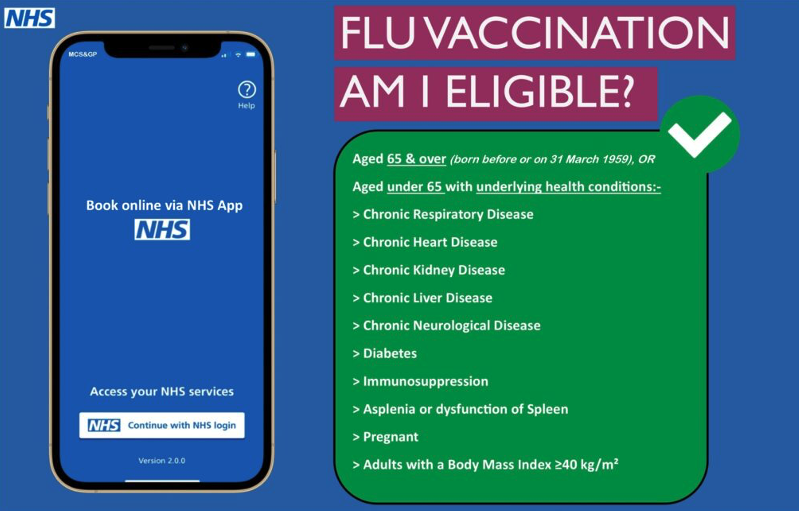
Covid-19 Vaccine Autumn Boosters
Shingles vaccine
Shingles is a common condition that causes a painful rash. It can sometimes lead to serious problems such as long-lasting pain, hearing loss or blindness.
The shingles vaccine helps:
- reduce your chances of getting shingles.
- reduce your chances of getting serious problems if you do get shingles
Eligibility:
Who is a Clinical Pharmacist in General practice?
Clinical Pharmacists are increasingly working as part of general practice teams. They are highly qualified experts in medicines and can help people in a range of ways. This includes carrying out structured medication reviews for patients with ongoing health problems and improving patient safety, outcomes, and value through a person-centred approach.
About Clinical Pharmacists
Clinical pharmacists work as part of the general practice team to improve value and outcomes from medicines and consult with and treat patients directly. This includes providing extra help to manage long-term conditions, advice for those on multiple medicines and better access to health checks. The role is pivotal to improving the quality of care and ensuring patient safety.
Having clinical pharmacists in GP practices means that GPs can focus their skills where they are most needed, for example on diagnosing and treating patients with more complex conditions. This helps GPs to manage the demands on their time.
A short video explaining what a clinical pharmacist does:
Blogs
What is Wellbeing Wednesday?
A new PCN project we are starting which all patients, of any age, are welcome to join. It will consist of some walks, activities, games and conversation etc.
Who can attend?
All patients who are registered within the PCN 5 practices below:
- Downing Drive Surgery – https://www.downingdrivesurgery.nhs.uk/
- East Leicester Medical Practice – https://www.elmp.co.uk/
- Humberstone Medical Centre – https://humberstonemedicalcentre.co.uk/
- Johnson Medical Practice – https://www.johnsonmedicalpractice.co.uk/
- St. Elizabeth Medical Centre – https://www.stelizabethsmedicalcentre.co.uk/
Wellness Wednesday
What is CPCS (Community Pharmacy Consultation Service)?
When a patient with minor illness symptoms contacts their GP practice requesting an appointment the care navigator or receptionist will ask them a series of questions using a standard appropriate symptom checklist. If their symptoms are appropriate, the GP practice can refer them for a same-day consultation with a community pharmacist. With the patient’s consent, the practice team can send an electronic referral message to the pharmacy the patient has chosen, to support safe follow up and audit
Benefits of CPCS
- GP referrals into NHS CPCS improves patient’s access.
- CPCS is helping to alleviate pressure on GP appointments and Emergency departments.
- GP Practices can refer patients directly into Community Pharmacists in a way that is convenient, safe, fast and effective.
- The scheme supports patients to self-manage their health more effectively with the support of community pharmacists.
Examples of Minor Ailments

